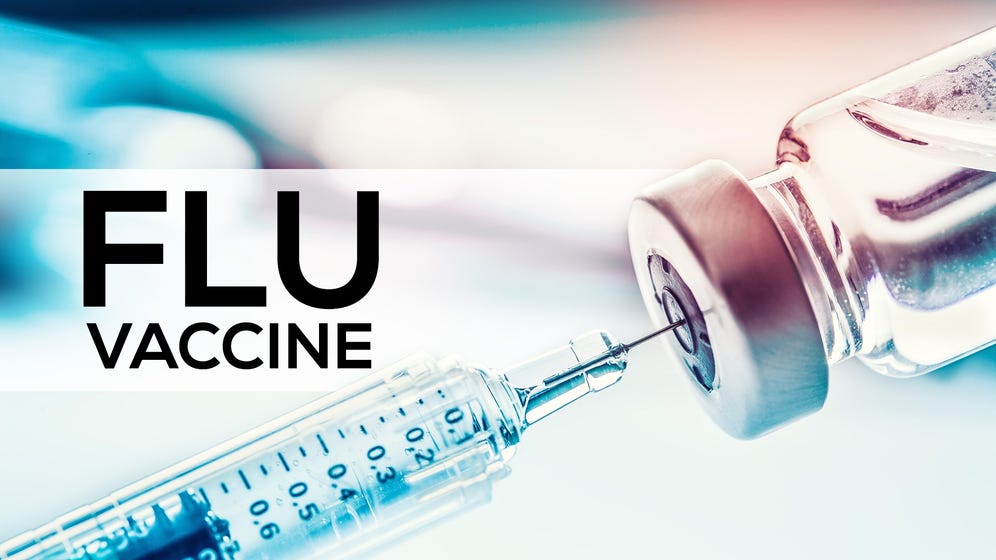Flu Vaccine
Influenza, commonly known as the flu, is a highly contagious respiratory illness caused by influenza viruses. The flu can lead to serious complications, hospitalization, and even death, especially for people with weakened immune systems, older adults, and young children. The flu season typically runs from October to May, and getting vaccinated against the flu is the most effective way to prevent the spread of the virus.
What is the flu vaccine?
The flu vaccine is a vaccine that protects against the flu virus. It contains killed or weakened flu viruses that prompt the immune system to produce antibodies against the virus. These antibodies help protect against infection if the person is exposed to the flu virus.
There are two types of flu vaccines: the inactivated flu vaccine and the live attenuated flu vaccine. The inactivated flu vaccine, also known as the flu shot, is made from killed viruses and is administered via injection. The live attenuated flu vaccine, also known as the nasal spray vaccine, is made from weakened viruses, and is administered via nasal spray.


Who should get the flu vaccine?
The Centres for Disease Control and Prevention (CDC) recommends that everyone six months of age and older should get vaccinated against the flu every year. This is especially important for people who are at high risk of complications from the flu, including:
- Children under five years old, especially those under two years old
- Adults over 65 years old
- Pregnant women
- People with chronic medical conditions such as asthma, diabetes, or heart disease
- People with weakened immune systems, including those undergoing cancer treatment or who have HIV/AIDS
When should you get the flu vaccine?
It’s best to get vaccinated against the flu as soon as possible. The CDC recommends getting vaccinated by the end of October, but getting vaccinated later is still better than not getting vaccinated at all. It takes about two weeks for the body to develop immunity after getting vaccinated, so getting vaccinated early can help ensure that you’re protected before flu season starts.

Why get vaccinated against the flu?
Getting vaccinated against the flu is important for several reasons:
- It can help prevent the spread of the virus to others, especially those who are at high risk of complications from the flu.
- It can reduce the severity of symptoms if you do get infected with the flu.
- It can help protect against flu-related complications, such as pneumonia, hospitalization, and death.
- It can help reduce the burden on healthcare systems during flu season.
Are there any side effects of the flu vaccine?
Like any vaccine, the flu vaccine can cause side effects, but they are usually mild and go away on their own within a few days. Common side effects of the flu vaccine include:
- Soreness, redness, or swelling at the injection site
- Headache
- Muscle aches
- Fatigue
- Low-grade fever

Conclusion
Getting vaccinated against the flu is the most effective way to prevent the spread of the virus and protect against flu-related complications. It’s recommended that everyone six months of age and older should get vaccinated against the flu every year, especially those who are at high risk of complications from the flu. If you have any concerns about getting vaccinated, talk to your healthcare provider.





